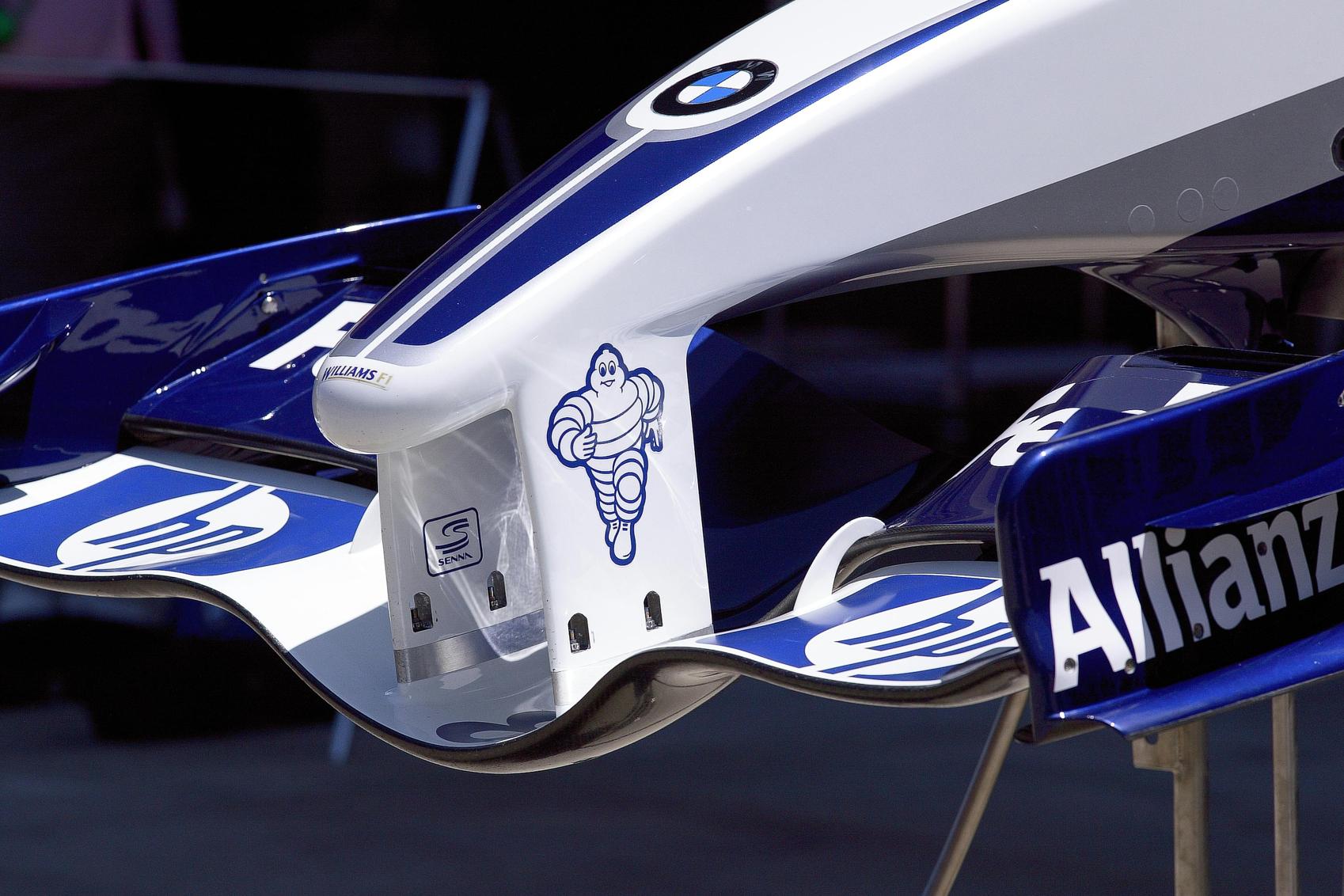How to Speed Up HP Laptop: A Comprehensive Guide
Introduction
HP laptops, like any other computers, can slow down over time due to various reasons. This comprehensive guide aims to provide effective solutions to speed up your HP laptop, ensuring it runs as smoothly as possible. Whether you're dealing with slow startup times, laggy performance, or just overall sluggishness, we have actionable steps to resolve these issues.

Check for Software Updates
One of the first steps in boosting your laptop's performance is to ensure all system software and drivers are up-to-date. Running outdated software can cause your laptop to lag and become less secure.
- Update Windows: Navigate to Settings > Update & Security > Windows Update. Click on 'Check for Updates.'
- Update Drivers: Use the HP Support Assistant, which can scan your laptop for necessary updates and install them automatically.
- Regular Software Updates: Keep all regular software up-to-date, including web browsers and other frequently used applications, to avoid security vulnerabilities that can slow down your system.
Ensuring your laptop is running the latest software versions can help eliminate bugs and improve security and performance.
Uninstall Unnecessary Programs
Having too many programs installed on your HP laptop can take up valuable storage space and memory, contributing to slower performance.
- Open Control Panel: Go to Control Panel > Programs > Programs and Features.
- Uninstall Unneeded Programs: Review the list and uninstall programs you no longer use. Be careful not to remove essential software or HP-specific utilities.
- Consider Alternatives: If you need certain functionalities, look for lightweight alternatives to the current software you're using.
By freeing up space and reducing background processes, your laptop can run more efficiently.
Optimize Startup Programs
Some programs are configured to launch automatically when your HP laptop starts up, which can slow down the startup time and overall performance.
- Open Task Manager: Right-click on the taskbar and select Task Manager, then navigate to the 'Startup' tab.
- Disable Unnecessary Startup Programs: Right-click on non-essential programs and choose 'Disable.'
- Evaluate Necessity: For each program, consider whether you need it to start automatically every time you boot up your laptop.
Optimizing startup programs reduces the load on your laptop at startup, ensuring faster boot times and better performance right from the start.
Run Disk Cleanup and Defragmentation
Over time, clutter accumulates on your laptop's hard drive, affecting its performance. Running disk cleanup and defragmentation can help maintain your system's efficiency.
- Disk Cleanup: Search for Disk Cleanup in the Start menu, select the drive you want to clean (typically C:), and follow the prompts to remove temporary files and system caches.
- Defragment Hard Drive: If you have a traditional HDD, type 'Defragment and Optimize Drives' into the Start menu search bar, select the drive, and click on 'Optimize.'
These actions can improve read/write times and overall system responsiveness.
Check for Malware and Viruses
Malware and viruses can significantly slow down your laptop and pose serious security risks. Regularly checking for and removing malicious software is crucial.
- Run Antivirus Software: Use reputable antivirus software to scan your system. Regular scans will keep your laptop clean and secure.
- Enable Real-Time Protection: Ensure your antivirus software's real-time protection feature is enabled to catch threats as they emerge.
- Use Additional Tools: Consider using tools like Malwarebytes for additional scanning and malware removal.
Regular security scans can prevent and resolve performance issues caused by malicious software.

Upgrade Hardware Components
If software optimizations aren't enough, consider upgrading your laptop's hardware components.
- Add More RAM: Increasing your laptop's RAM can improve multitasking and reduce latency. Check HP's official guidelines for compatible RAM upgrades.
- Upgrade to SSD: Replacing an HDD with an SSD can drastically improve startup times, data access speeds, and overall performance.
- Consult a Professional: If you're unsure about upgrading hardware yourself, consult with a professional technician for advice and installation.
Hardware upgrades can provide significant performance boosts, especially for older HP laptop models.
Adjust Power Settings
Power settings can affect your HP laptop's performance. Adjusting these settings can help maximize efficiency without compromising too much on battery life.
- Access Power Settings: Go to Control Panel > Hardware and Sound > Power Options.
- Select High Performance: Choose the 'High Performance' plan to prioritize performance over power saving.
- Create Custom Plans: Customize your own power plan to balance performance and battery life according to your needs.
Optimizing power settings ensures that your laptop operates at top efficiency, especially when plugged in.

Disable Visual Effects
Visual effects such as animations and shadows can make your laptop look good, but they also consume resources. Disabling them can free up those resources for other tasks.
- Open System Properties: Right-click on 'This PC,' select 'Properties,' then click on 'Advanced system settings.'
- Adjust for Best Performance: Under the Performance section, click 'Settings' and select 'Adjust for best performance' to disable all visual effects.
- Customize Visual Effects: Alternatively, you can manually select which effects to keep and which to disable.
Disabling resource-heavy visual effects can lead to noticeable improvements in system performance.
Regular Maintenance and Best Practices
Regular maintenance can prevent many performance issues before they start. Here are some best practices:
- Weekly updates: Regularly update your software and drivers.
- Monthly disk cleanup: Perform disk cleanups and defragmentation monthly.
- Frequent scans: Run antivirus and malware scans at least once a week.
Adhering to these practices helps keep your laptop running smoothly in the long term.
Conclusion
Ensuring your HP laptop runs efficiently involves a combination of software maintenance and potential hardware upgrades. By regularly checking for updates, optimizing settings, and performing routine cleanups, you can keep your laptop in top shape. For persistent issues, hardware upgrades or professional assistance may be necessary.
Frequently Asked Questions
What should I do if my HP laptop is still slow after trying everything?
If your HP laptop is still running slowly after trying the above methods, it may be time for a professional diagnostic. Hardware issues such as failing components could be the cause, and a technician can help identify and resolve these problems.
How often should I perform maintenance to keep my HP laptop running smoothly?
For optimal performance, a combination of weekly software updates, monthly disk cleanups, and frequent antivirus scans is recommended. Regular maintenance helps prevent the accumulation of unnecessary files and potential malware, keeping your laptop running smoothly.
Is upgrading the RAM or SSD more effective for speeding up my HP laptop?
Both RAM and SSD upgrades can significantly improve your laptop's performance, but the impact varies depending on your needs. Upgrading to an SSD generally provides greater overall performance enhancements due to faster data access speeds, while increasing RAM is beneficial for better multitasking.



